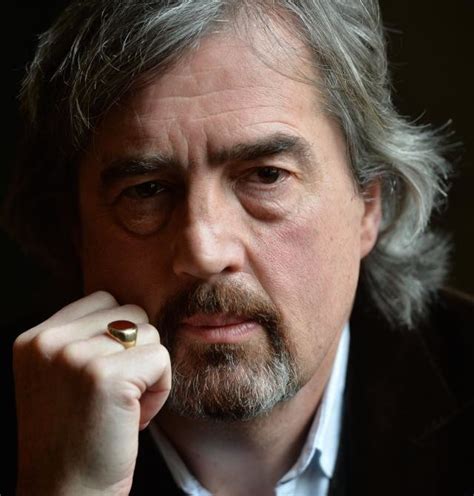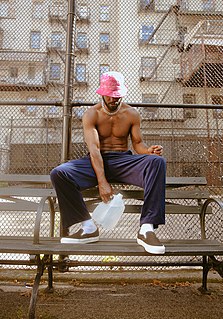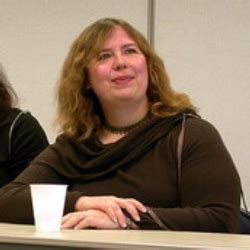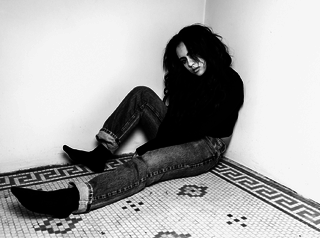A Quote by T. S. Eliot
If we are moved by a poem, it has meant something, perhaps something important, to us; if we are not moved, then it is, as poetry, meaningless.
Related Quotes
I was deeply moved by Richard Blanco's reading of his inaugural poem-a timely and elegant tribute to the great diversity of American experience. And now comes this fine meditation on his experience of coming to poetry, of making the poem and the months surrounding its making-a testament to the strength and significance of poetry in American culture, something not always seen or easily measured. Today Is For All of Us, One Today is a necessary intervention into the ongoing conversation about the role of poetry in public life.
Poetry is perhaps the oldest art form. We can go back to an age-old idea of naming things, the Adamic impulse - to give something a name has always been an immensely powerful thing. To name something is to own it, to capture it. A poem is still a kind of spell, an incantation. Historically, a poem also invoked: it was a blessing, or a curse, or a charm. It had a motile power, was able to summon something into being. A poem is a special kind of speech-act. In a good poem there's the trance-like effect of language in its most concentrated, naked form.
In the beginning the church was a fellowship of men and women centering on the living Christ. Then the church moved to Greece where it became a philosophy. Then it moved to Rome where it became an institution. Next, it moved to Europe, where it became a culture. And, finally, it moved to America where it became an enterprise.







































